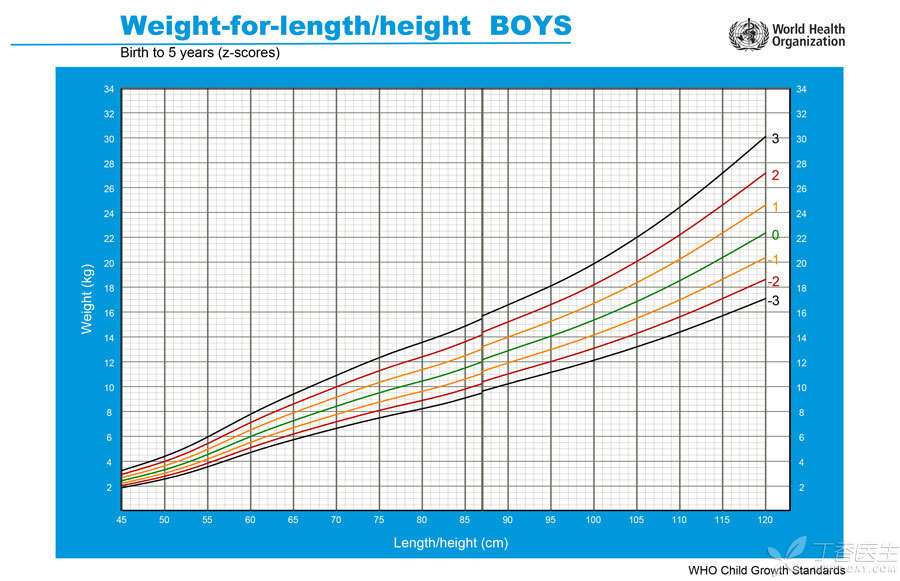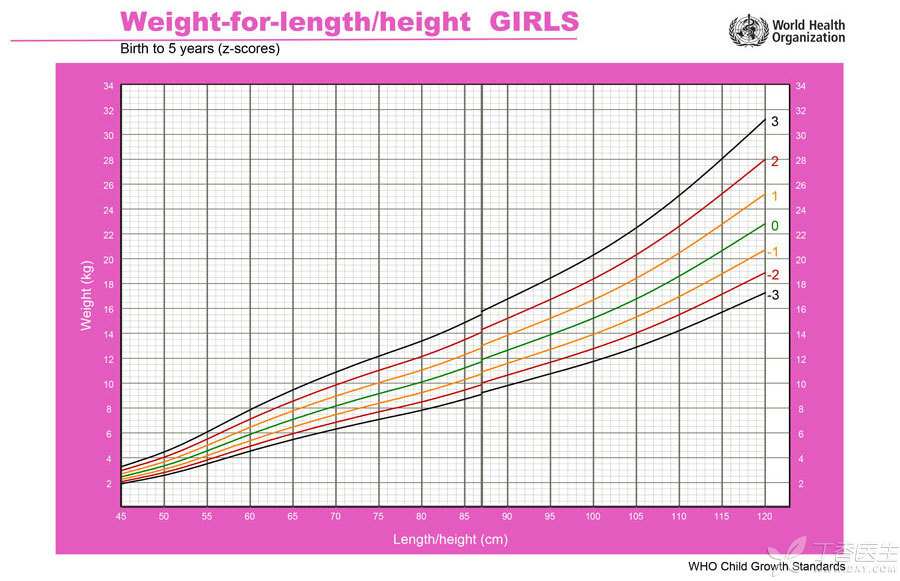
The most tangled point for many breast-feeding mothers is probably [is my baby full? Then, the question that arises from it is [Do I have little milk? ]
Unfortunately, for the breast-feeding mother, there is no scale on the breast, so the mother cannot accurately evaluate whether the baby can eat enough and how much milk she can produce. It seems that the mother spent the whole lactation period in doubt and lack of confidence. Today, Dr. Clove will talk about how to judge the baby’s satiety.
Five indicators to help you judge whether your baby is full.

1. The baby’s mental state and interactive state during the day.
Whether the expression is happy and sensitive. After all, only when you are full can you have the strength and good mood to play.
2. The baby’s expression and reaction after lactation.
The baby’s expression is satisfied, and he often spits out his nipples and hears swallowing after sucking several times in a row.
3. The baby’s defecation and urination volume.
There are about 4-6 wet diapers every day. The urine color is light or nearly colorless and has no peculiar smell.
Babies of 4-6 weeks have 2-4 defecation times a day, each time the amount of defecation is about the size of a dollar coin or the circle formed by our ok gesture thumb and index finger. However, with the increase of age, breast-fed babies may defecate once every few days, which is completely normal.
4. Weight gain.
This is a hard indicator for any baby of the age to eat.
Often within two weeks of birth, the baby’s weight stops physiological decline and starts to rise.
- In the first month, the weight gain was about 110 ~ 200 g per week; 2 ~ 6 months after birth, weight gain 450 ~ 670 g per month; At 6 ~ 12 months after birth, the body weight increased by 350 ~ 450 g per month.
Mothers should look at the problem of weight scientifically. Each child has its own growth and development rules. Weight is not only related to feeding, but also many factors such as heredity, age, sex, birth weight and so on will affect the weight of each child.
As long as the normal range and other development indicators of the baby are normal, there is no need to deliberately pursue weight gain. We Chinese seem to have always preferred [fat baby], and overweight is not conducive to the development of the baby.
We refer to WHO’s growth curve. As long as it is up to standard in the range of 3%-97%, each child has TA’s own growth track. As long as it always surrounds and accompanies this curve, the growth is normal.
Height/Length-Weight Curve of Boys Aged 0 ~ 5

Height/Length-Weight Curve of Girls Aged 0 ~ 5

5. Breasts feel different before and after lactation, and the swollen breasts become obviously soft after sucking by the baby.
Some mothers will feel the milk array when breast-feeding, but some mothers will not feel the milk array when breast-feeding to feed their babies.
Mothers often struggle with how much milk the baby eats after adding supplementary foods. If you eat too much milk, you will feel that it will affect your baby’s eating supplementary foods. If you eat too little milk, you will worry about insufficient intake, and your child will lack calcium.
Is it better to eat more milk? It’s not.
Excessive milk intake will definitely affect the normal addition of supplementary foods. After all, the baby’s appetite is only so big, and the baby who continues to drink a lot of milk is likely to have the problem of not loving to eat. Therefore, the daily milk intake recommended by the baby after 1-3 years old is 500 ml, which is enough to encourage the baby to eat a balanced and diversified diet.
The baby is asleep, do you want to wake him up to eat milk?

This is also a problem that many mothers struggle with.
Newborns often need a long sleep time, with an average sleep time of 14-20 hours. In particular, children in the confinement seem to have been greedy for sleep and often miss milk.
If the newborn baby and premature baby have slept for 3-4 hours at one go, we should try to wake up and nurse once. If the baby really refuses to wake up and eat milk, we can also try to breast-feed the baby half-lying or side-lying, so that the baby can eat [confused milk], and often the baby falls asleep with a sweet and satisfied expression.
Night milk is also very helpful for the need to rapidly increase the amount of milk to adapt to the baby’s increased appetite. The more sucking stimulates the milk, the higher the amount of milk will be.
When the baby is over one month old, the weight starts to grow steadily. If the baby’s weight growth and growth are normal, and the pediatrician also confirms that the baby can sleep all night, it is entirely possible to nurse the baby when he wakes up.
Usually, the stomach volume of the baby at this stage is much larger than that at the time of birth, and the day-night rule has gradually been established. The long sleep at night lasts for a long time. Even if the sleep time is slightly longer, there is not much need to worry about the baby’s hunger.
However, it is reminded that each child’s personality is unique, which does not rule out the need for some older babies to eat hungry at night.
Mothers who get along day and night know their children’s needs best, and the longer they take care of their children, the more they will know their baby’s character and temper, and the accuracy of correctly responding to their baby’s needs will be greatly improved.
Finally, Dr. Clove reminded everyone that we are raising babies, not sophisticated machines, so there is no need to be too demanding on the scale of nursing.
We adults have different appetites, Therefore, it is not necessary to require every baby to eat according to the standard amount. This will lead to the risk of insufficient intake or overfeeding. Moreover, there are many factors affecting the baby’s eating, such as being in a soaring period or a leap period, or being disgusted with milk. The amount of activity during the day and even the change of mood will cause the change of the amount of milk eaten.
Mothers don’t have to struggle with one or two meals that don’t meet the standard, but they have to look at the overall development and refer to the above-mentioned full signals. I wish every baby a good appetite.
